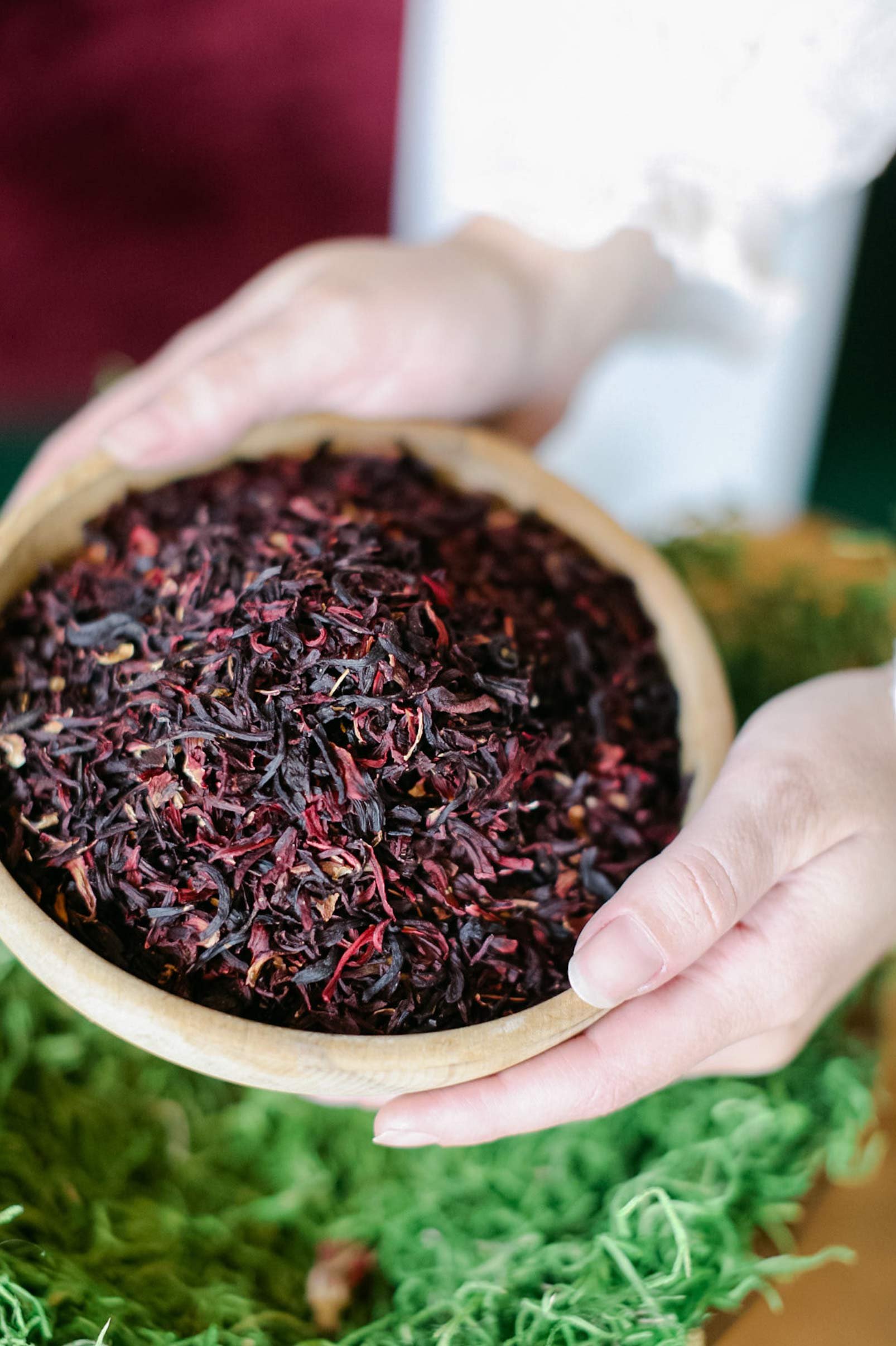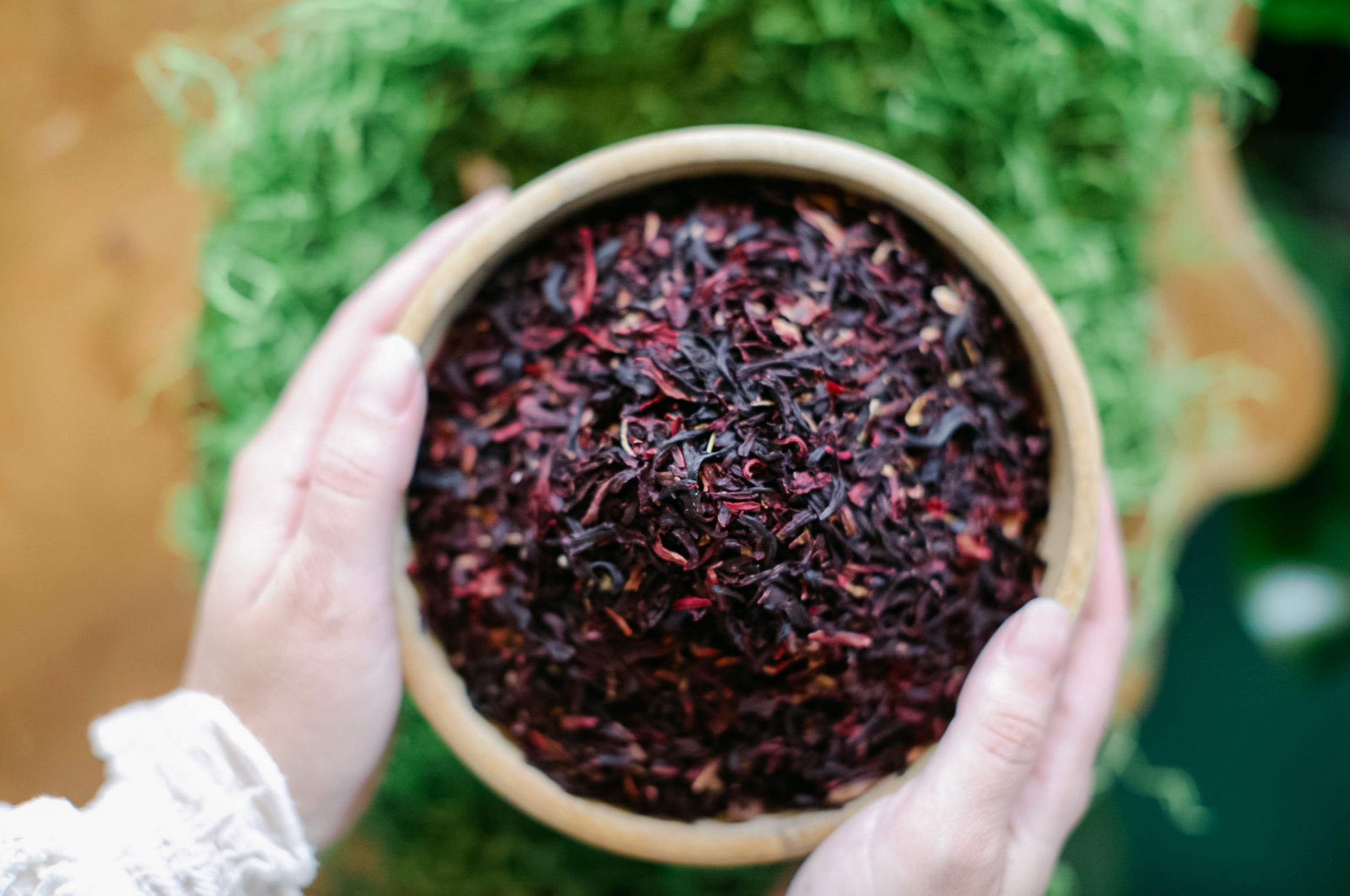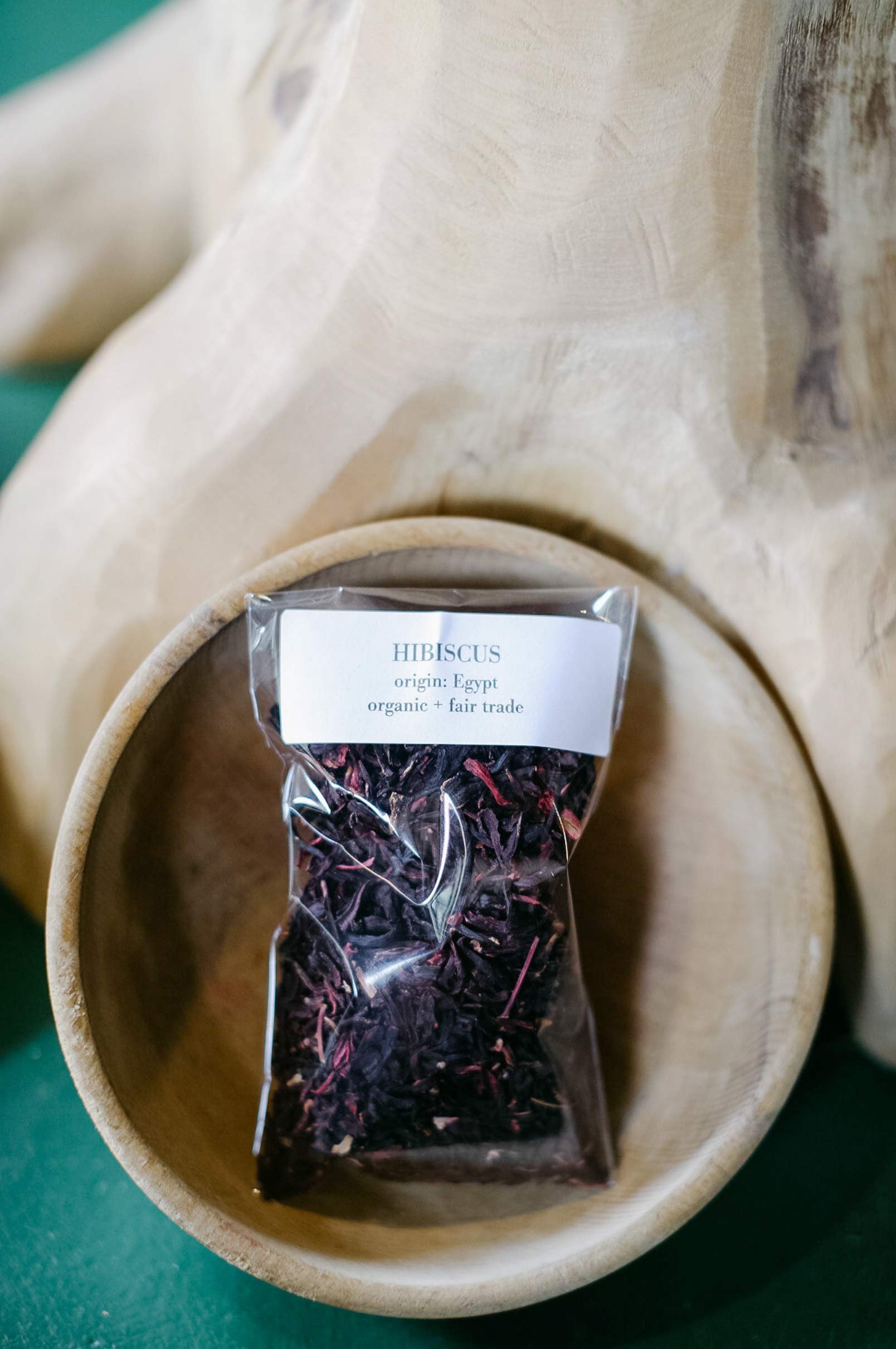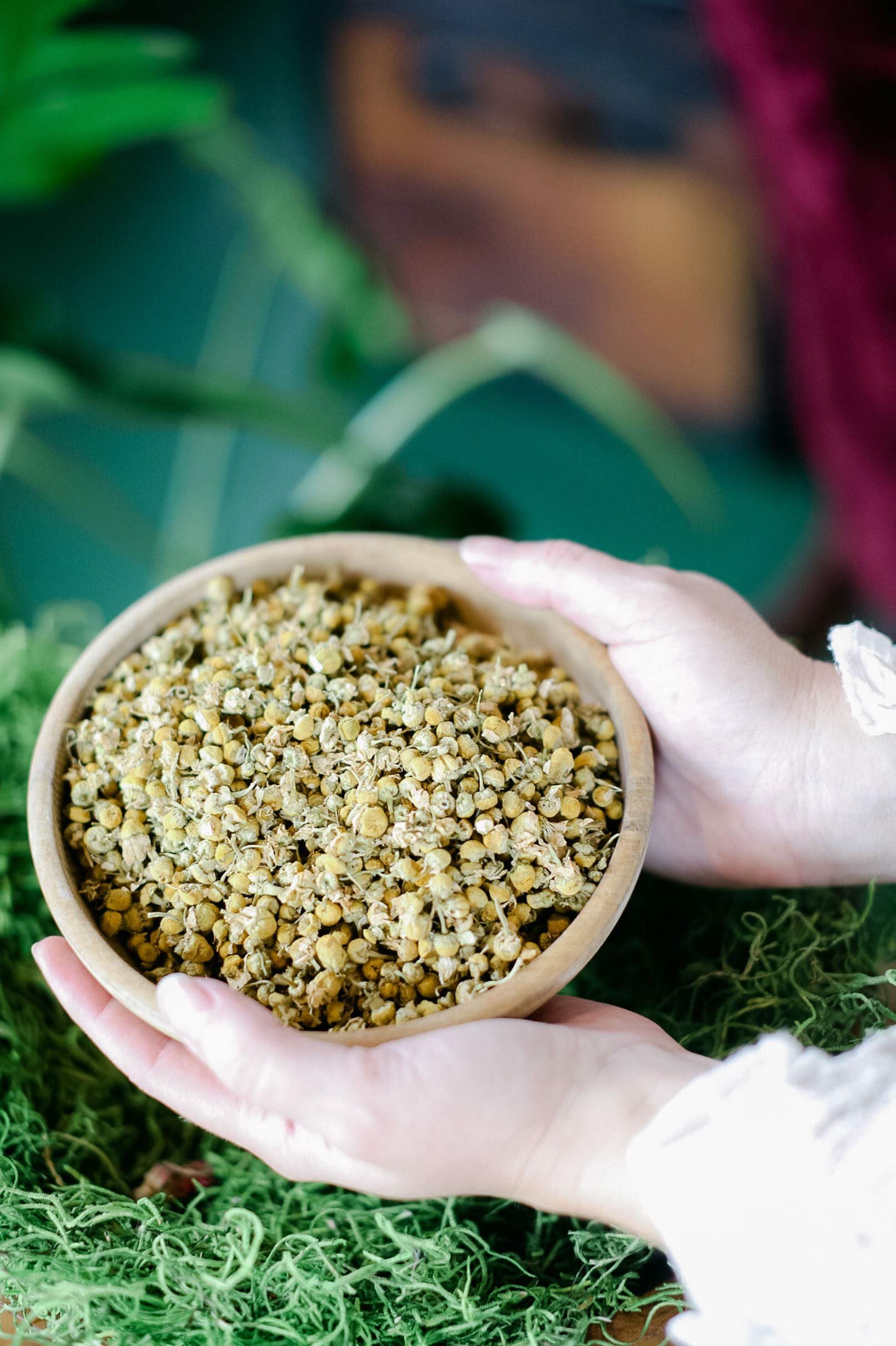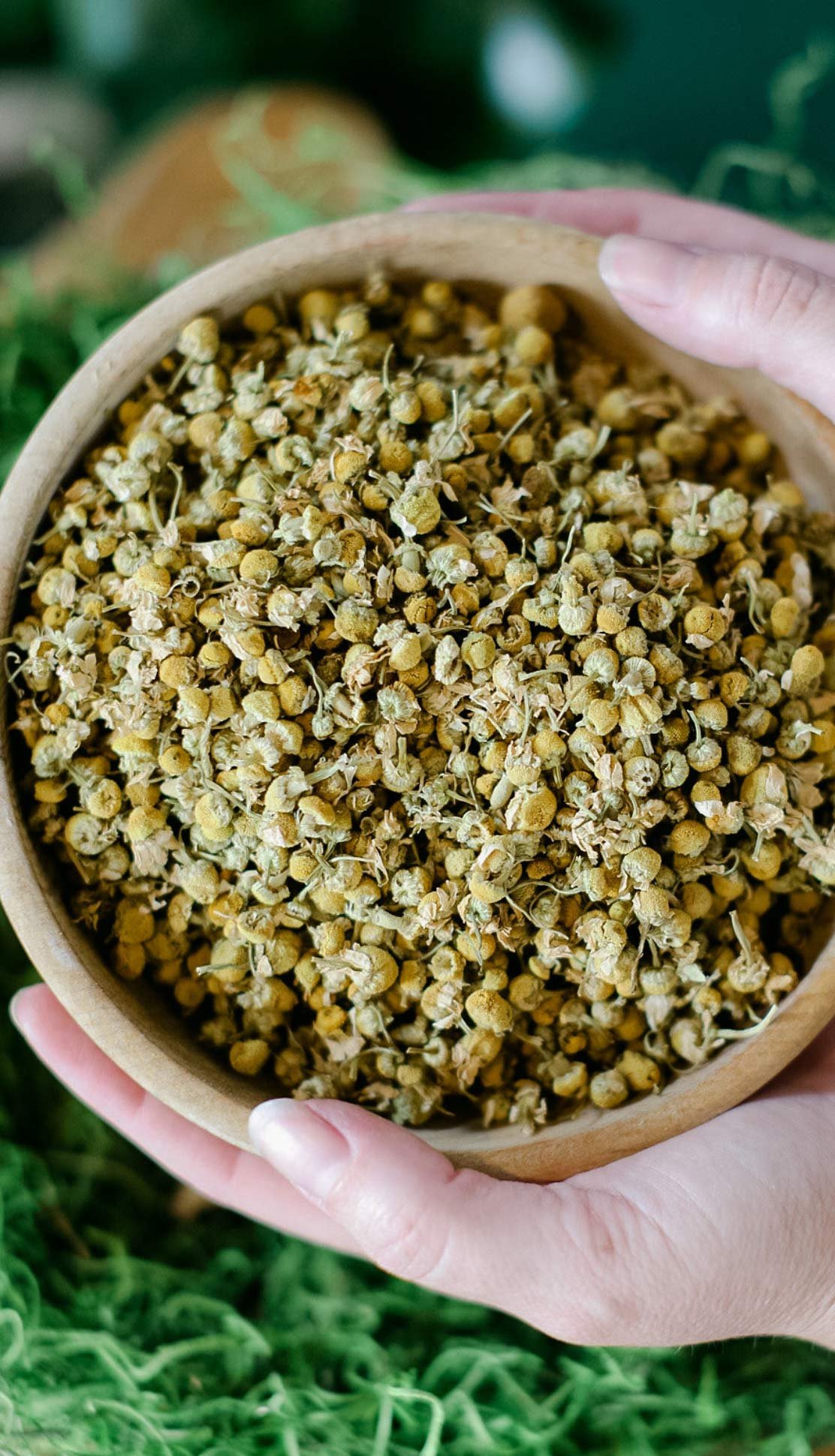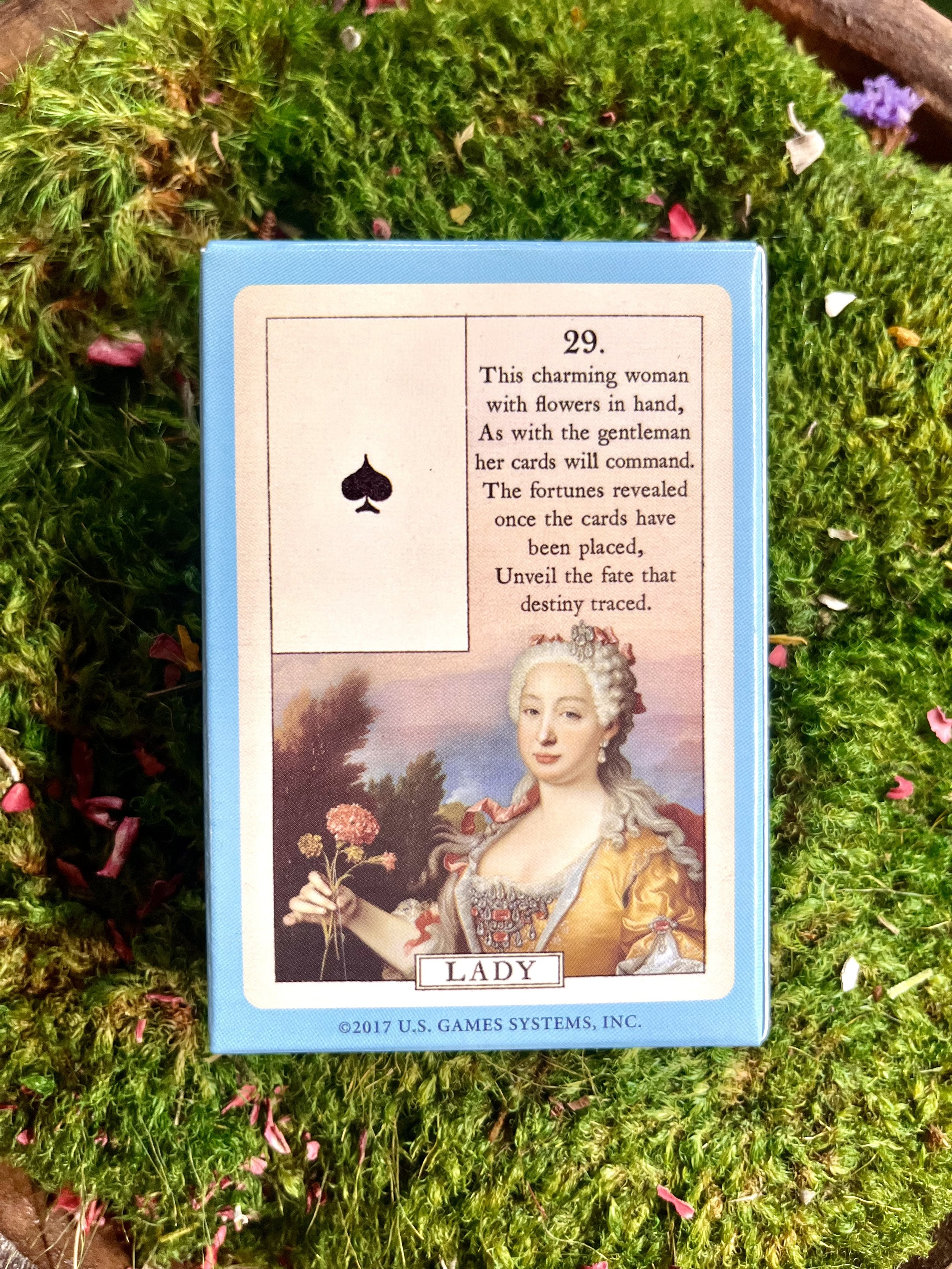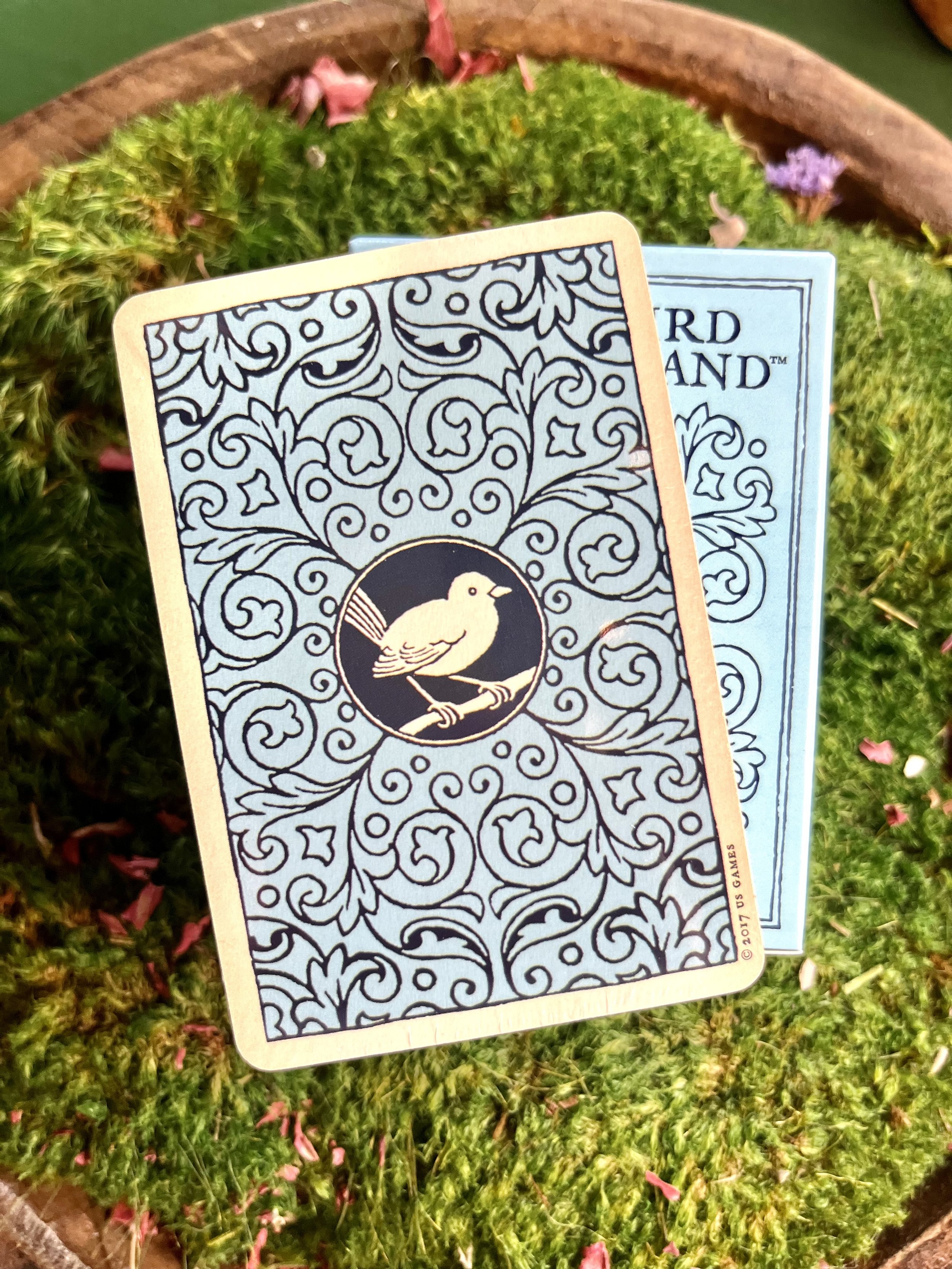 Image 1 of 6
Image 1 of 6

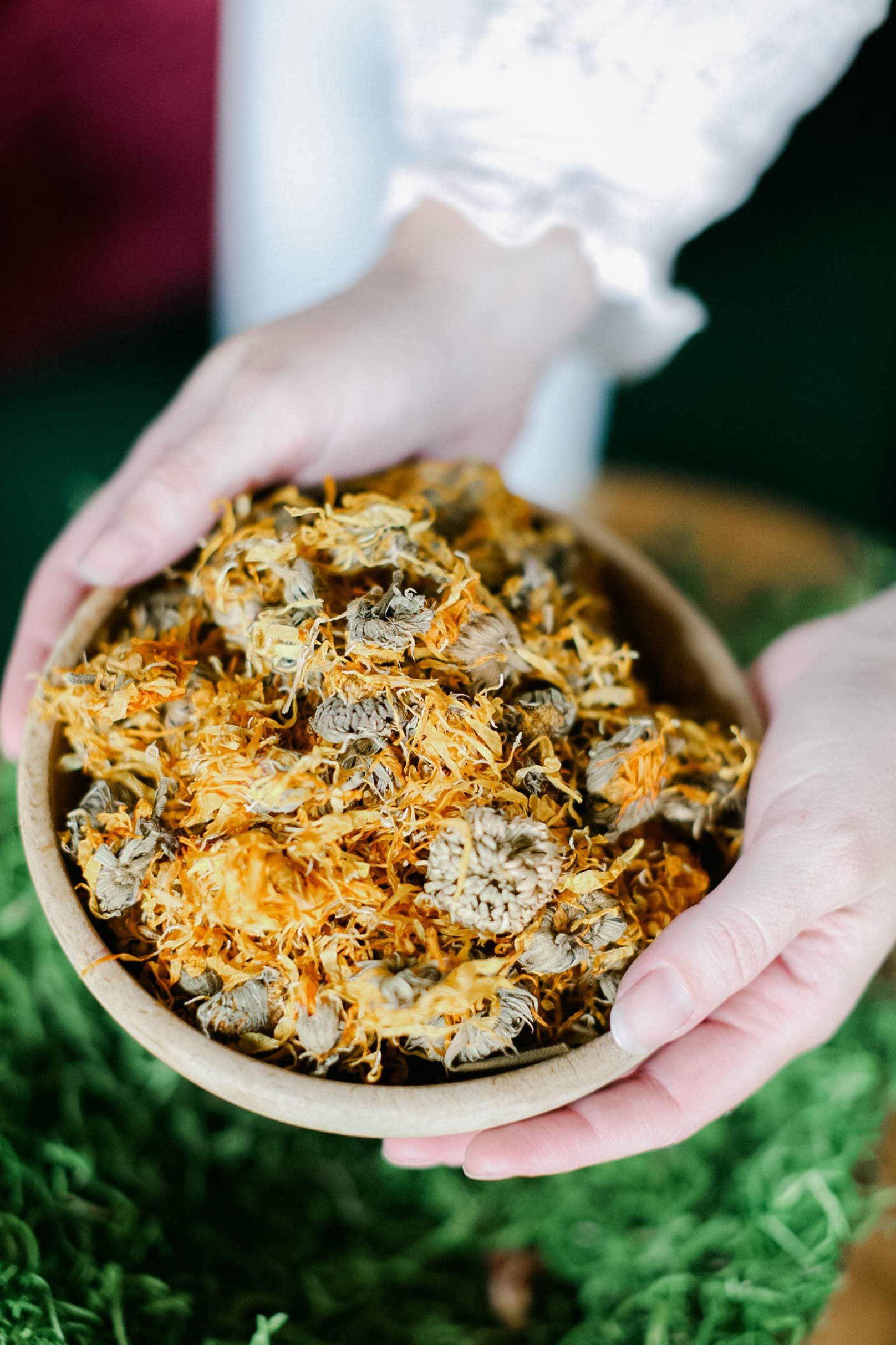 Image 2 of 6
Image 2 of 6

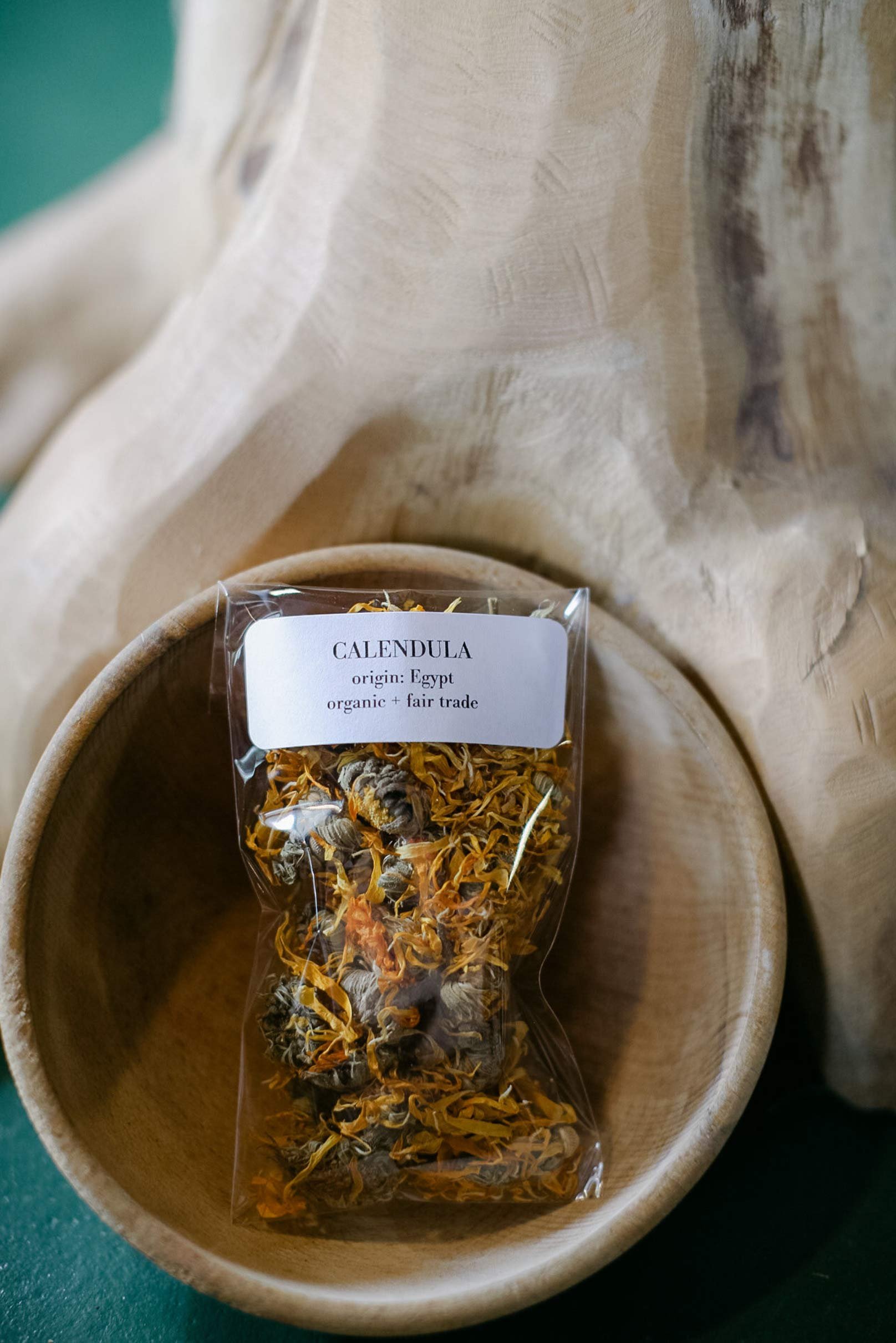 Image 3 of 6
Image 3 of 6

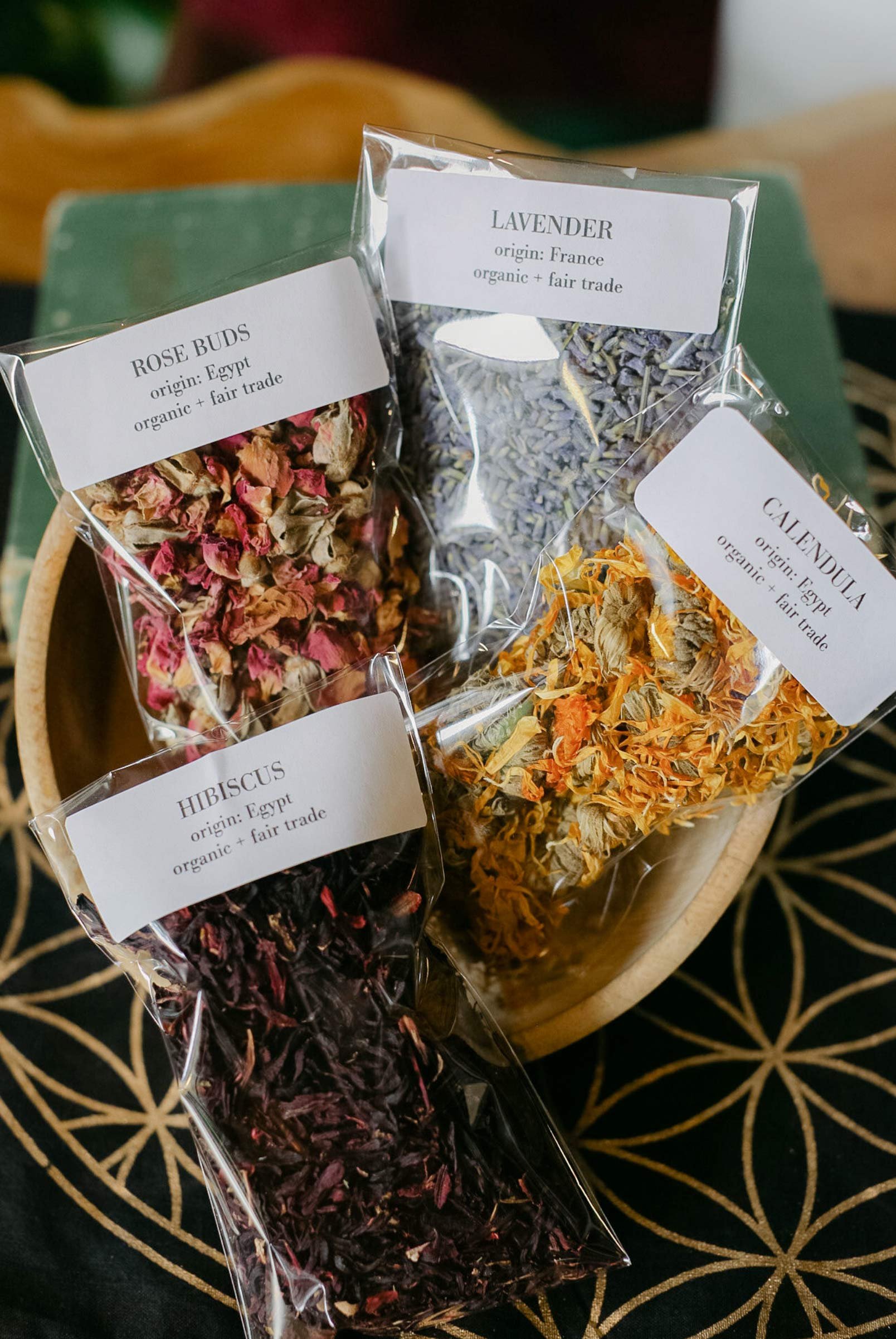 Image 4 of 6
Image 4 of 6

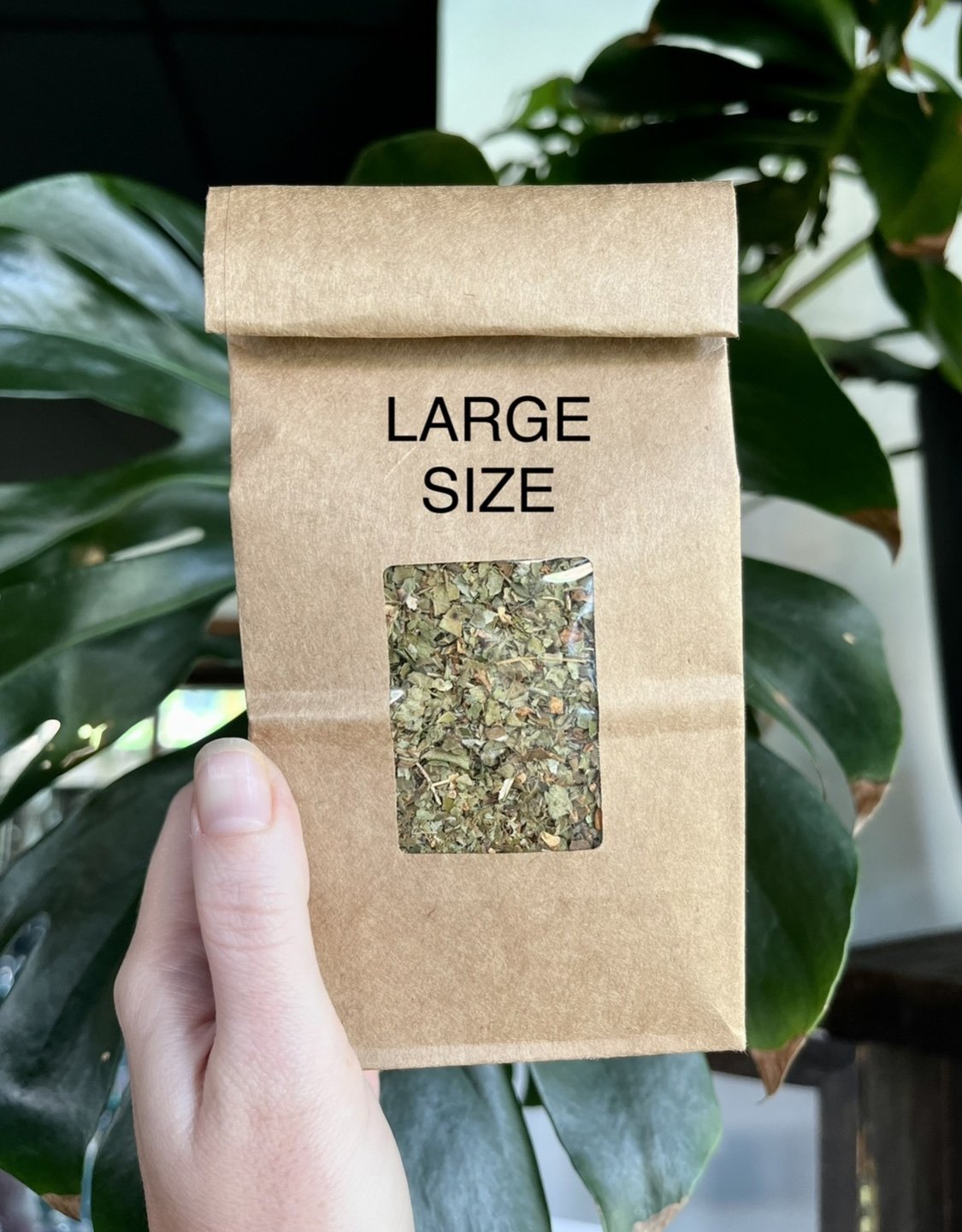 Image 5 of 6
Image 5 of 6

 Image 6 of 6
Image 6 of 6







Calendula
Calendula officinalis
Calendula is among the most spiritually significant herbs. Garlands of calendula are used as a protective charm. The blossoms are used for protections against nightmares.
characteristics
The bright yellow flowers of the calendula plant have been used to produce die, to flavor food, and even to impart an attractive yellow hue to cheese. Calendula is native to Southern Europe and takes its name from “calends”, also known as the first of the month in the ancient Roman calendar.The blossoms of calendula officinalis open in the morning and follow the Sun, closing in the late afternoon.
history
Calendula is cited in both the Ayurveda tradition as well as in traditional Chinese medicine. In medieval times, calendula was regarded as a magical herb as well as a medicinal and culinary herb. Used ritually in the classical Greco Roman world, calendula is seen in the garlands that adorn deities of the Hindu faith as well as an offerings to ancestors on the day of the dead in Central America. For the Romans, calendula was a symbol of joy.
Calendula officinalis
Calendula is among the most spiritually significant herbs. Garlands of calendula are used as a protective charm. The blossoms are used for protections against nightmares.
characteristics
The bright yellow flowers of the calendula plant have been used to produce die, to flavor food, and even to impart an attractive yellow hue to cheese. Calendula is native to Southern Europe and takes its name from “calends”, also known as the first of the month in the ancient Roman calendar.The blossoms of calendula officinalis open in the morning and follow the Sun, closing in the late afternoon.
history
Calendula is cited in both the Ayurveda tradition as well as in traditional Chinese medicine. In medieval times, calendula was regarded as a magical herb as well as a medicinal and culinary herb. Used ritually in the classical Greco Roman world, calendula is seen in the garlands that adorn deities of the Hindu faith as well as an offerings to ancestors on the day of the dead in Central America. For the Romans, calendula was a symbol of joy.
Calendula officinalis
Calendula is among the most spiritually significant herbs. Garlands of calendula are used as a protective charm. The blossoms are used for protections against nightmares.
characteristics
The bright yellow flowers of the calendula plant have been used to produce die, to flavor food, and even to impart an attractive yellow hue to cheese. Calendula is native to Southern Europe and takes its name from “calends”, also known as the first of the month in the ancient Roman calendar.The blossoms of calendula officinalis open in the morning and follow the Sun, closing in the late afternoon.
history
Calendula is cited in both the Ayurveda tradition as well as in traditional Chinese medicine. In medieval times, calendula was regarded as a magical herb as well as a medicinal and culinary herb. Used ritually in the classical Greco Roman world, calendula is seen in the garlands that adorn deities of the Hindu faith as well as an offerings to ancestors on the day of the dead in Central America. For the Romans, calendula was a symbol of joy.
Excerpt taken from “The Modern Witch’s Guide to Magickal Herbs” by Judy Ann Nock


